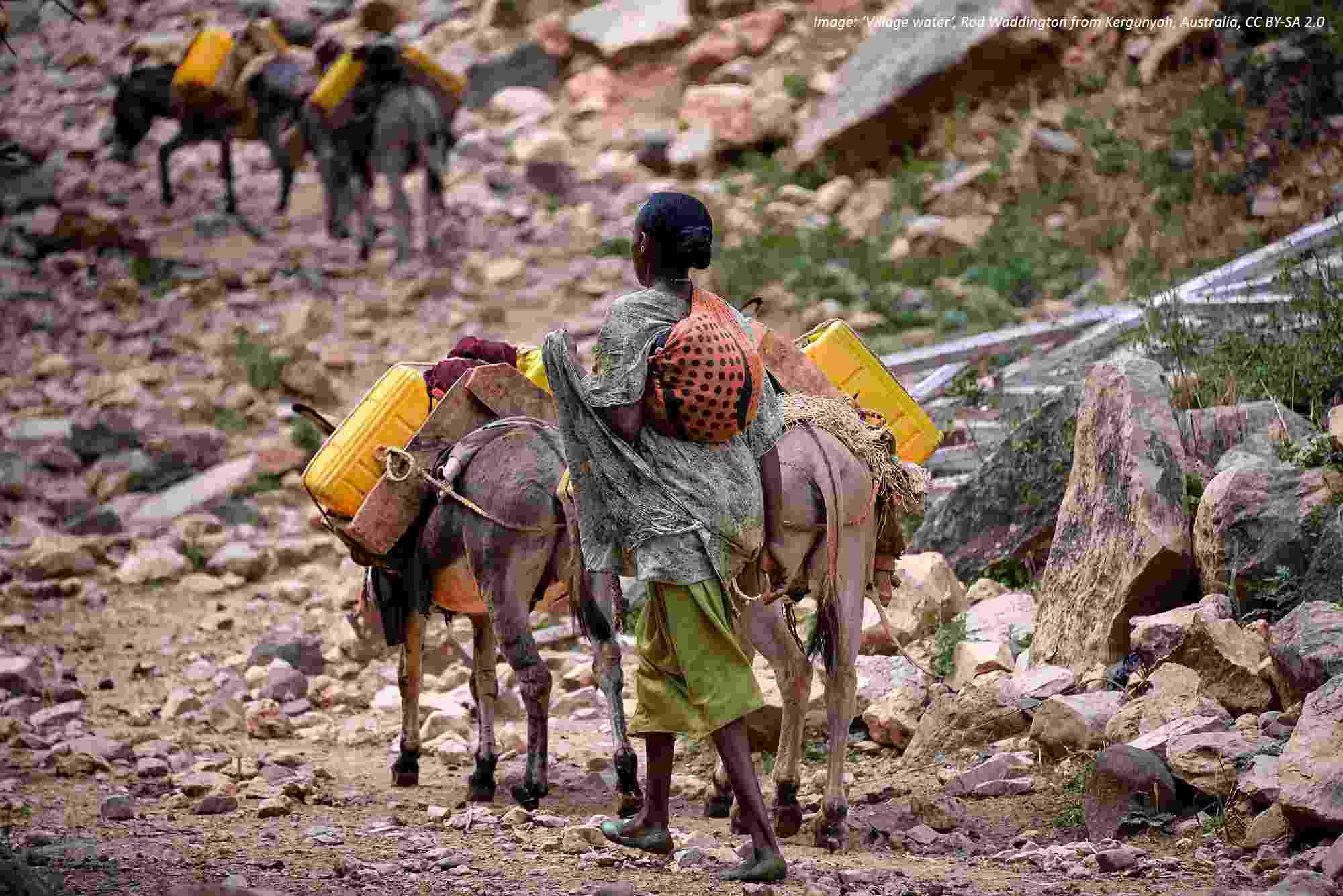Problemscapes and hybrid water security systems in Central Ethiopia
14 July 2022


Authors: Xanthe K. Polaine, Alan Nicol, Jaime Amezaga, Meklit Berihun, Mengistu Dessalegn, and Alemseged Tamiru Haile
Water management has followed a basin unit paradigm for several decades. This framing often inherits a pre-defined spatial and institutional boundary of analysis, one that largely fails to account for various externalities influencing water security beyond the hydrological unit. Moving away from this established basin-scale analysis, the authors present the concept of problemscapes, a systems approach for understanding how multiple physical and social drivers surrounding (and as part of) contextual water systems determine how they work and, ultimately, the outcomes in terms of the water security they provide.
By first discussing the concept of boundaries for water paradigms, the authors argue that problemscapes can help us understand water security as a more dynamic and hybrid system by adapting these boundaries; enabling a clearer understanding of leverage points, interconnections and possible strategic solutions to longer-term water security challenges. This method is then applied in establishing and utilizing a problemscape analysis across the Central Rift Valley, Upper Awash, and Abbay basins, as well as the capital city of Addis Ababa. The interactions in this part of Central Ethiopia are notoriously complex, with sets of critical water management issues at national and international scale, hybrid water security challenges across user communities, and contested management at different scales amidst multiple, and sometimes competing, ideologies. The authors show that problemscaping as an approach could support future planning decisions for long-term water security by enabling a systems perspective to emerge where complexity and connectivity between actors, institutions, and physical and social entities is considered.
Images:
‘Village water’, Rod Waddington from Kergunyah, Australia, CC BY-SA 2.0



